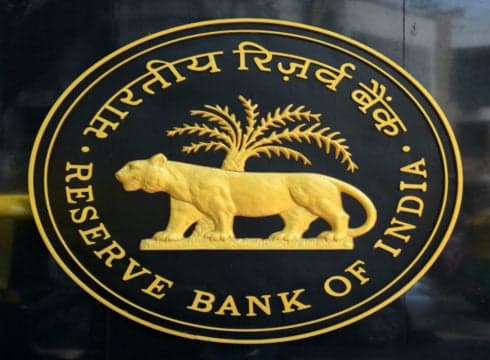The scheme was first announced on December 5, 2018, in an RBI monetary policy statement
The scheme will address user complaints on digital transactions done through non-bank entities regulated by RBI
The new ombudsman will operate from the existing 21 offices of the Banking Ombudsman
Inc42 Daily Brief
Stay Ahead With Daily News & Analysis on India’s Tech & Startup Economy
In order to provide hassle-free digital payment experience, the Reserve Bank of India (RBI) launched the ombudsman scheme for online payments sector on January 31, 2019. Under this scheme, the regulator will redress user complaints and grievances related to online transactions.
As a part of the Ombudsman Scheme for Digital Transactions (OSDT), the banking regulator will be providing a free of cost complaint redressal mechanism to address the issues in customer services involved in the digital transaction done through non-bank entities regulated by RBI.
According to the scheme, the RBI may appoint one or more of its officer as chief general manager or general manager who will act as an ombudsman for the digital transactions.
An ombudsman is an official who has been appointed to investigate and redress complaints from people against a company, organisation, or a public authority.
The central bank also stated that the new ombudsman will operate from the existing 21 offices of the Banking Ombudsman and will be responsible for looking after the user complaints from their respective territorial jurisdiction. However, the complaints related to online transactions which are conducted through banks will continue to be handled under the Banking Ombudsman Scheme.
The RBI had first announced the scheme on December 5, 2018, in its monetary policy statement.
This announcement comes in after it was reported in November 2018 that the RBI is looking to appoint an ombudsman for digital payments by March to help the reduce the load of complaints being handled by the banking ombudsman.
In December, RBI deputy governor, M K Jain had also said that the ombudsman will be funded by the central bank to address customer grievances. He also added that it will be a cost-free and expeditious platform for individuals.
It had also announced its plans to introduce the concept of limited liability for prepaid transaction instruments, such as digital wallets, smart cards, and online accounts.
With the increasing penetration of the internet and smartphones, India has been recording an increasing number of digital transactions. According to a report by Google and Boston Consulting Group (BCG), the Indian digital payments industry is estimated to touch $500 Bn by 2020, contributing 15% to the country’s GDP.
As the online transaction space is set to grow, the RBI has been taking many initiatives to boost the growth. Most recently, it constituted a five-member committee known as the ‘High-Level Committee for Deepening of Digital Payments”.
The committee, which is headed by the former chairman of Unique Identification Authority of India, Nandan Nilekani, will be responsible for analysing the existing status of digitisation of payments in the country, identify the current gaps in the ecosystem and suggest ways to bridge them.
{{#name}}{{name}}{{/name}}{{^name}}-{{/name}}
{{#description}}{{description}}...{{/description}}{{^description}}-{{/description}}
Note: We at Inc42 take our ethics very seriously. More information about it can be found here.


